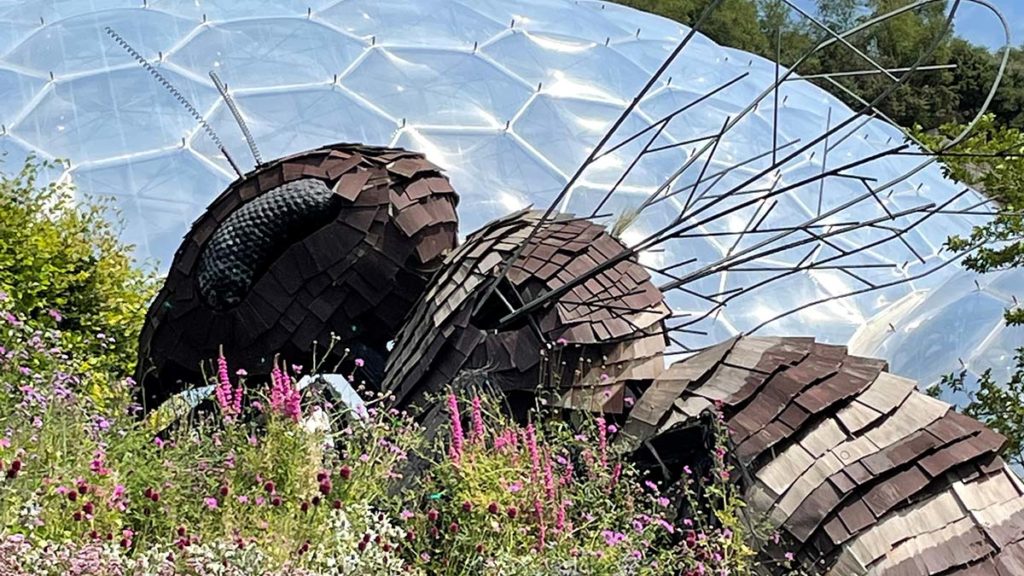Today marks the first day of the fifteenth meeting of the Conference of the Parties to the UN Convention on Biological Diversity – also known as COP15.
COP15 will take place virtually, albeit hosted in China and will close at the end of the week, before restarting for two weeks in April/May 2022, hopefully in person.
COP15 is not to be confused with COP26, the international climate conference being held in Glasgow at the end of the month, which will have as its principal aims, (i) securing global agreement on the reduction of greenhouse gases in order to limit average global temperature increases to 1.5 degrees Celsius; and (ii) the mobilisation of green finance.
The UN considers that biodiversity is deteriorating worldwide and predicts that the trend will continue unless action is taken urgently. COP15 will bring together governments from around the world with the aim of agreeing “a new set of goals for nature over the next decade”. The UN’s vision is that by 2050, we are all living in harmony with nature.
COP15 will also look at the implementation of the protocols of the Convention on Biological Diversity (CBD) that deal with the fair and equitable sharing of benefits from the use of nature, and the safe transport, handling and labelling of Living Modified Organisms.
COP15 comes at a critical time for the world. While terms such as “decarbonisation” “emissions reductions” and “net zero” are familiar to us all, there has been much less focus on biodiversity, rewilding and habitat restoration; all of which will be critical long after greenhouse gas emissions have been eliminated, in the next thirty years. The UN General Assembly declared the period 2011-2020 to be the United Nations Decade on Biodiversity – how many among us knew that?
COP15 follows the publication last year of “Global Biodiversity Outlook 5” (GBO5), which summarises the latest data on the status and trends of biodiversity and draws conclusions relevant to the further implementation of the CBD.
GBO5 made a number of recommendations in relation to the transition needed to improve biodiversity and achieve the UN’s 2050 vision:
- Land and forests – we need to conserve existing ecosystems, combat and reverse degradation and employ landscape-level spatial planning to avoid, reduce and mitigate land-use change;
- Freshwater – an integrated approach is needed to guarantee water flows required by nature and people, improve water quality and control invasive species;
- Fisheries and oceans– marine and coastal ecosystems need protection and restoration, fisheries need to be rebuilt and aquaculture managed to ensure sustainability, enhance food security and livelihoods;
- Sustainable agriculture– agricultural systems need to be redesigned through agroecological and other innovate approaches to enhance productivity, while minimising negative effects on biodiversity;
- Food systems– sustainable and healthy diets need to be enabled, with a greater emphasis on a diversity of foods, mostly plant-based, and more moderate consumption of meat and fish, together with dramatic cuts in waste (supply and consumption);
- Cities and infrastructure– green infrastructure must be deployed and space for nature must be made within built landscapes to improve health and quality of life for citizens; spatial planning is an important tool to reduce negative impacts of urban expansion, roads and other infrastructure on biodiversity;
- Climate action– nature-based solutions, together with rapid phase-out of fossil fuels, must be employed to reduce the impact of climate change and provide positive biodiversity benefits; and
- Health– ecosystems, including agricultural and urban ecosystems, as well as the use of wildlife, can promote healthy ecosystems and healthy people.
When part 1 of COP15 closes this week, it is unlikely that there will be a seismic shift in terms of biodiversity improvements, but progress will surely be made. The foundations will have also been laid for a successful COP26 and for ambitious targets to be agreed when COP15 concludes next May.

